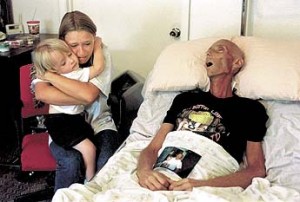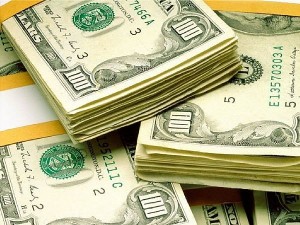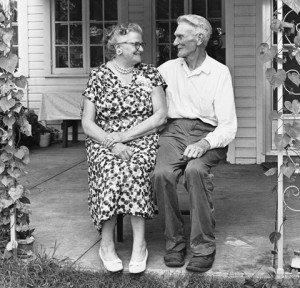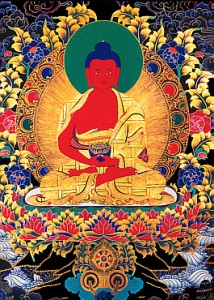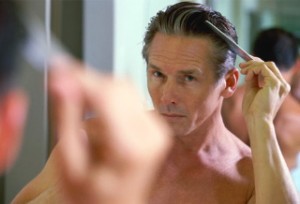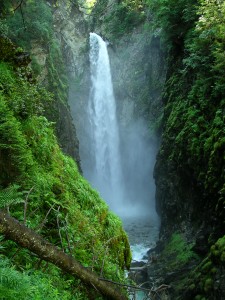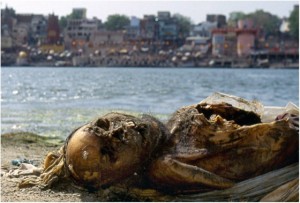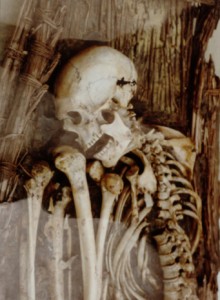The following is an excerpt from a teaching by Jetsunma Ahkon Lhamo called “The Bodhisattva Ideal”
The Bodhisattva understands that everything we amass during the time of our lives—everything we strengthen around us, all of the protection we build, the superstructuring that we do when we meet up with other than self-nature and react with hope and fear and begin to do the dance of self-protection and of self-establishment—the entire structure of self and its relationship to other, the entire idea, the Bodhisattva knows that eventually this will come to nothing. This is an intellectual response due to the Bodhisattva’s training, not a feeling response. The Bodhisattva is trained to understand that no matter what we accumulate and gather together during the course of our lives, by the time of the end of our life, none of that will have any meaning. At the end of our lives we experience the winding down of all of our energies. And as we die, even the physical, psychological, emotional constituents, particularly the physical elements, one by one, all begin to dissolve.
The fire element within our body begins to dissolve. The body cools. The water element within the body begins to dissolve and break down. The body becomes drier as we approach death. The mouth, the mucous tissues within the body become drier and drier. The earth elements within the body all dissolve. The body itself begins to break down and even the wind element within the body begins to dissolve. Mental process begins to slow and one’s activity level also begins to slow at the end of one’s life.
Then at the time of death, all of the constituents actually break down and separate. As the consciousness abandons the body and the body becomes simply a heap of broken-down constituents, what remains is the consciousness, which has its habitual tendency fully established. It is not able to take with it any of the real or material objects that it has gathered in its drama during the course of its life. And so all that remains is the consciousness, that, like a basket, held these material things, these solid, impermanent realities associated with that particular life.
The consciousness, however, remains. And if the consciousness spent most of its lifetime in establishing material wealth or gathering substance to support the ego, then at the time of death the consciousness has only that habit of supporting the ego to take with it, only that habit. On the other hand, if a life of generosity and caring have taken place, then that habit moves as consciousness into the next rebirth. Now the Bodhisattva knows this and so the Bodhisattva’s prayer is not based on a feel-good emotion of “Gee I’d like to be a really cool person, be so kind and so neat, and so terrific that everybody loves me and calls me saint somebody.” That’s not what the Bodhisattva thinks.
The Bodhisattva thinks instead in a very logical and precise way, according to the Buddha’s teaching: Everything will dissolve. All the efforts of my life together will come to nothing. All the efforts of my life to build up my treasure-house of material goods and keep them for myself will ultimately come to nothing. All of my efforts to preserve my power will ultimately come to nothing because power dissolves at the time of death also, but the habit of grasping at power is reborn as consciousness. So if gathering power will come to nothing, if gathering wealth will come to nothing, if preserving myself in this extraordinary way, thinking only in a self-cherishing and egocentric way, will ultimately come to nothing other than suffering in the next rebirth, why not give everything now?
Copyright © Jetsunma Ahkon Lhamo. All rights reserved
